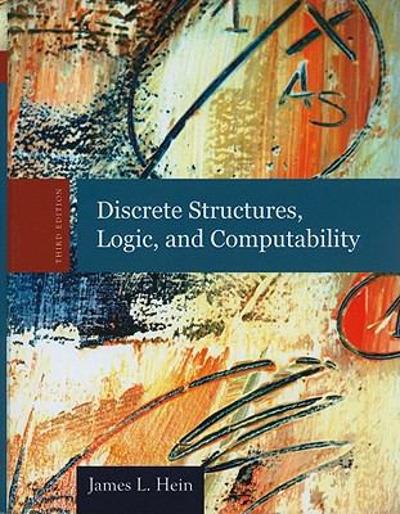Answered step by step
Verified Expert Solution
Question
1 Approved Answer
Use the contingency table to complete parts a) through d) below. Event A Event B Event C 7 8 Event D 8 3 Event E
| Use the contingency table to complete parts a) through d) below. | Event A | Event B | |||
|---|---|---|---|---|---|
| Event C | 7 | 8 | |||
| Event D | 8 | 3 | |||
| Event E | 11 | 13 |
a) Determine the probability of
P(A|C).
P(A|C)=nothing
(Round to two decimal places as needed.)
b) Determine the probability of
P(C|A).
P(C|A)=nothing
(Round to two decimal places as needed.)
c) Determine the probability of
P(B|E).
P(B|E)=nothing
(Round to two decimal places as needed.)
d) Determine the probability of
P(E|B).
P(E|B)=nothing
(Round to two decimal places as needed.)
Step by Step Solution
There are 3 Steps involved in it
Step: 1

Get Instant Access to Expert-Tailored Solutions
See step-by-step solutions with expert insights and AI powered tools for academic success
Step: 2

Step: 3

Ace Your Homework with AI
Get the answers you need in no time with our AI-driven, step-by-step assistance
Get Started


